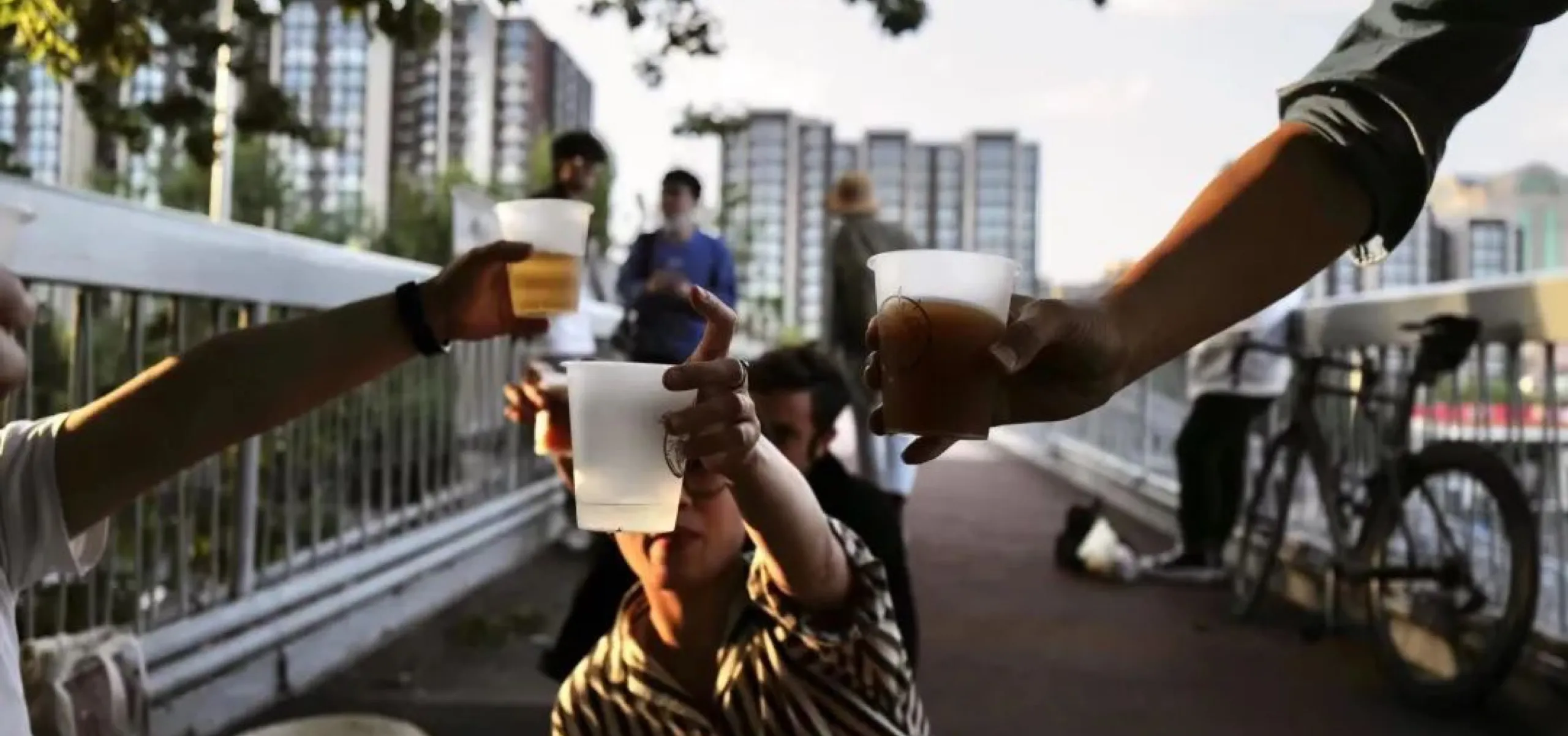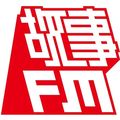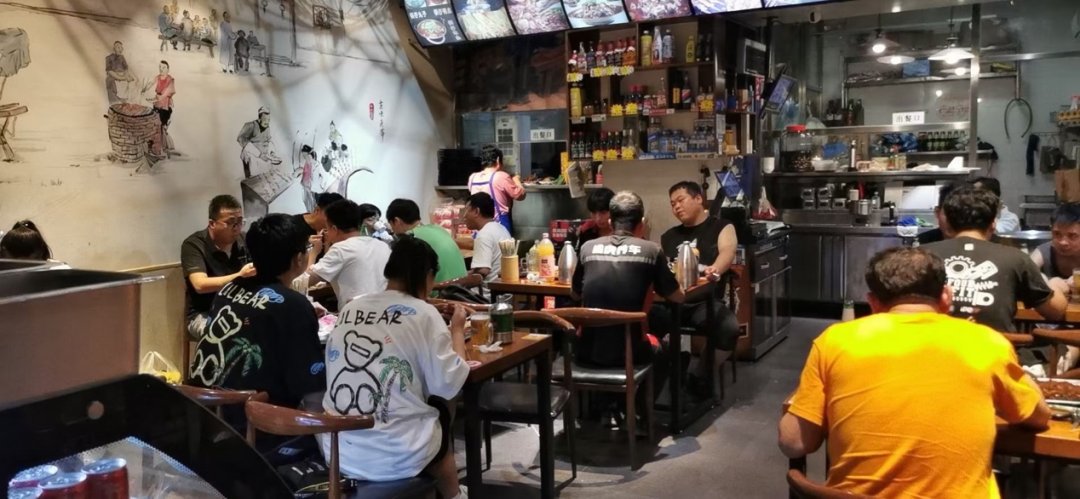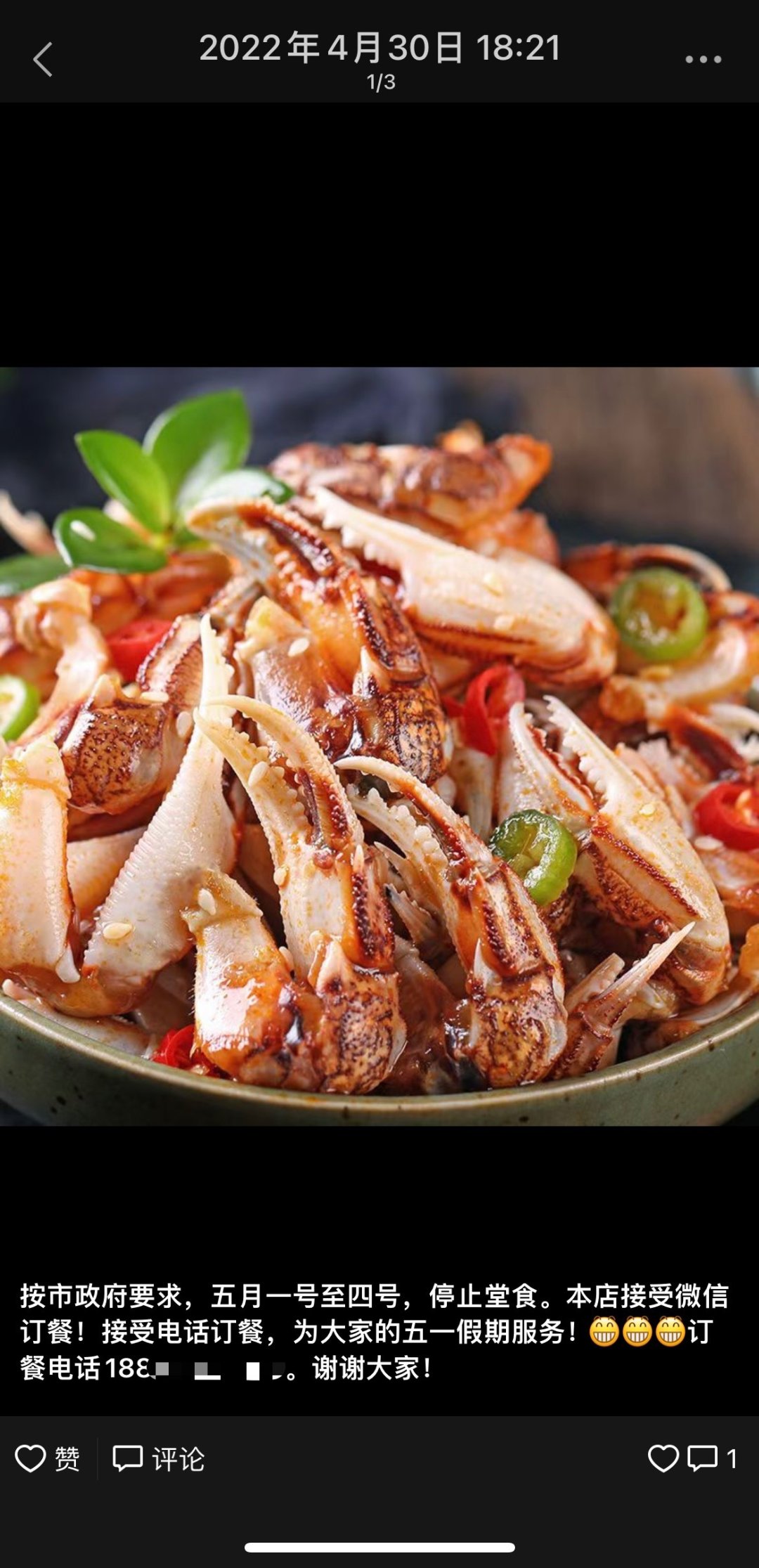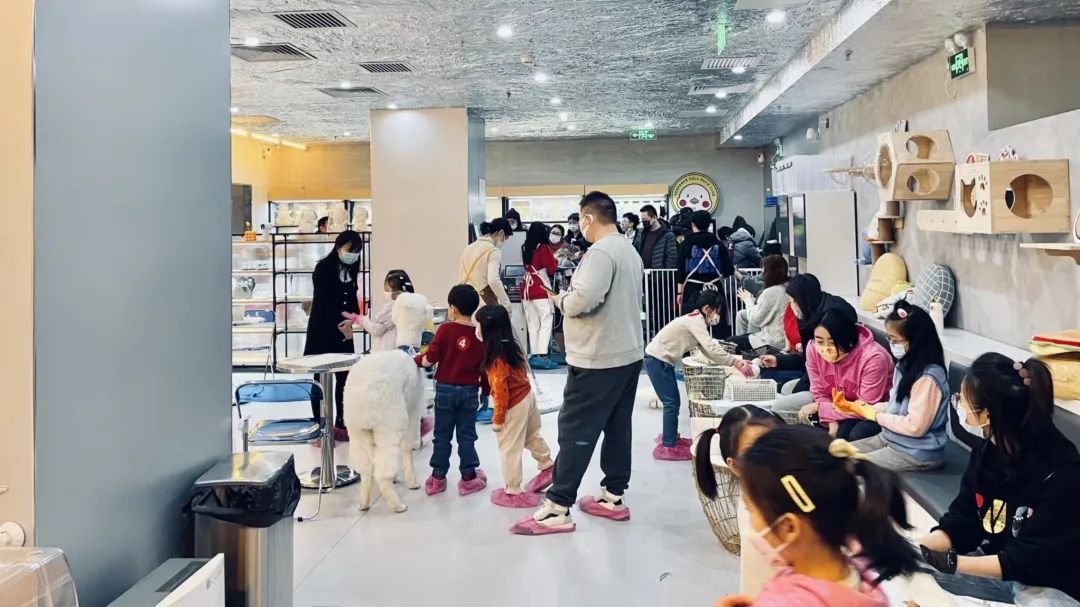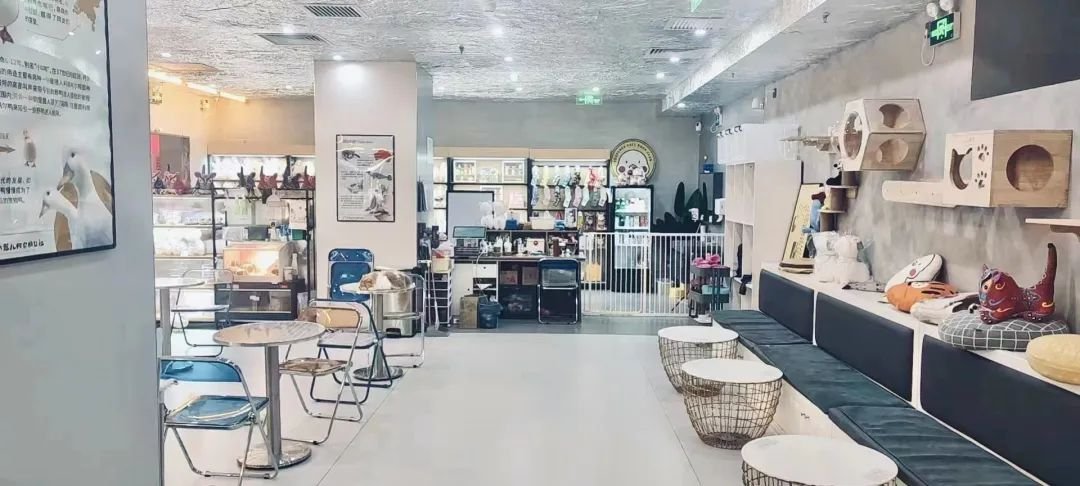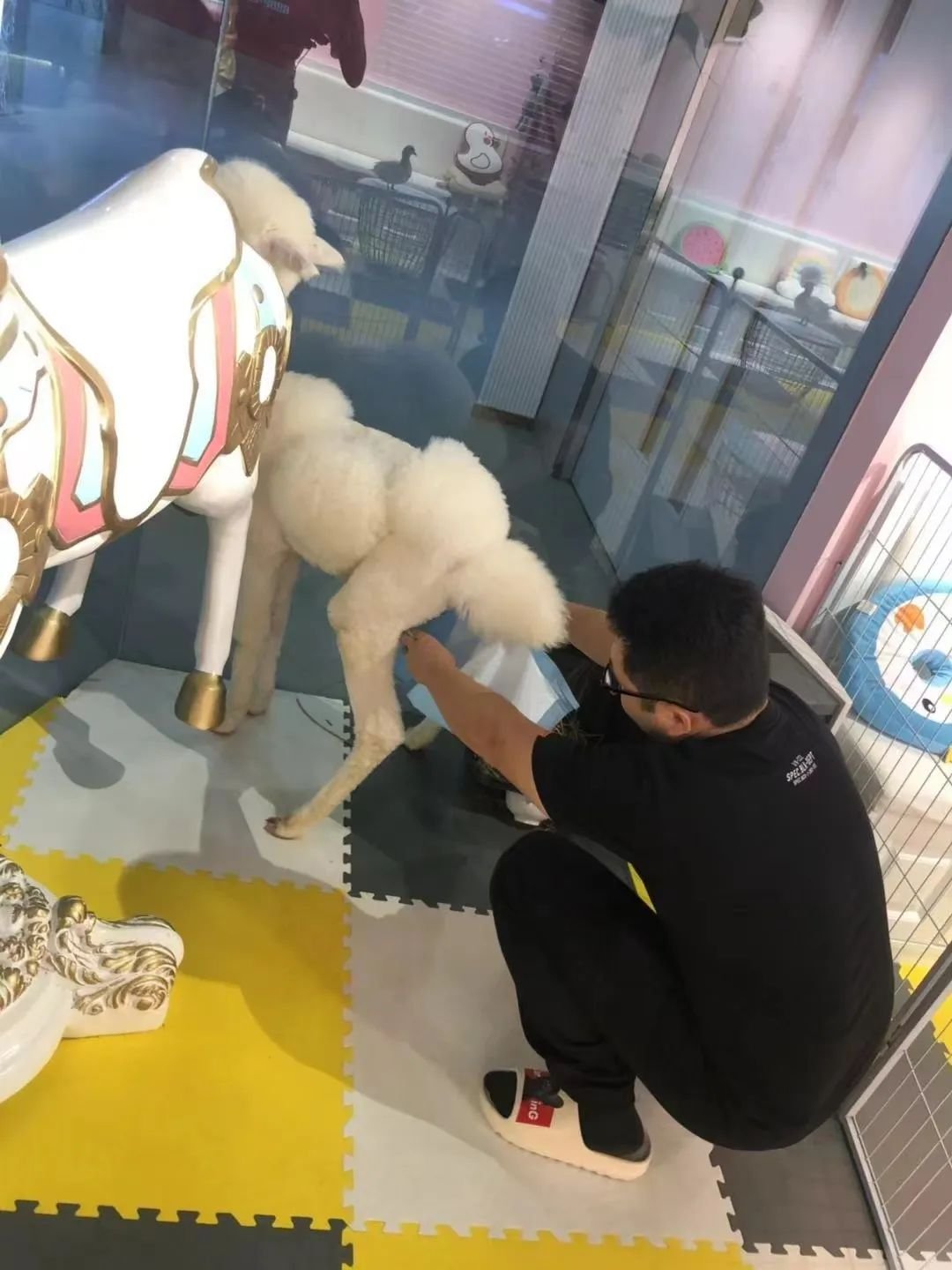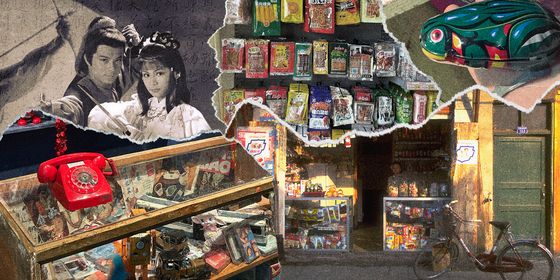Three small business owners recount how they survived amid shop closures and restaurant dine-in bans during the latest Covid-19 outbreak
The month of May in Beijing typically means sunshine, spring flowers, and folks flocking out in the evenings to hit the roadside stalls for some skewers and a beer or two.
However, on April 30, the municipal government of Beijing enforced a dine-in ban on all food and beverage venues, effective on May 1, to control the Covid-19 outbreak. This was followed by subsequent closures of parks and many other roadside businesses, effectively hitting the pause button on street life for the entire month (though in some cases, roadside barbecue and food stalls made a comeback where once they had disappeared due to gentrification).
According to data from the National Bureau of Statistics, Beijing had a total number of 210,000 F&B businesses in 2019. With their turnover already hard hit in 2020 and 2021, and now their customers barred from dining in, how did these venues ride out the storm? For this episode of the Story FM podcast, Kou Aizhe and co-producers chatted with three small business owners on how bans on dining in and gathering were affecting their livelihoods. Originally released on May 27, these interviews have been translated into English and published after the lifting of the dining ban on June 6, as a look back on the ups and downs of the past month.
Lean Times for a Barbecue Joint
My name’s Wu Hao. I am 49 years old, and I run a Chinese barbecue shop in Beijing’s Chaoyang district.
This restaurant opened nearly five years ago. The original owner had to return to his hometown for family reasons, so he sold the business to me in April 2021.
I used to run a company selling hotel supplies and customized corporate gifts. The pandemic wrecked our business, so I took over the barbecue restaurant. You see, at least this way I have some money trickling in every day.
At this time last year, the pandemic was much milder. In fact, it was under control by April, just in time for our busiest season. Restaurants like mine make the most money in summer, from May to October.
So right now, I’m in pretty low spirits.
My barbecue shop isn’t big. There are just eight or so tables. Under normal circumstances, my daily profits should range from 1,500 to 2,000 yuan. But ever since the dine-in ban on the evening of April 30, I lost about that amount every day.
It’s not like this epidemic had ever come to an end. However, it was only around 20 April that I truly felt things had taken a turn for the worse.
Business was fairly good in April, with an ever-increasing influx of diners and revenue on a daily basis. I reckon the new outbreak in Beijing started around 10 April. A few positives on that day, then a few more the day after, and then a dozen on the third day. That’s when I thought to myself, “Oh no.”
Then, from 20 to 25 April, customer numbers dropped significantly. Shortly after came that press conference announcing the dine-in ban starting from May 1. Everyone was dumbfounded and all I could say was, “This time we’re done for.”
The following morning, May 1, we were flooded with all sorts of notices from the China Food and Drug Administration (CFDA), the State Administration for Industry and Commerce (SAIC), my community, the property management, you name it. They all added me to a bunch of WeChat groups, one for each organization. Even the police station got me into their group. I got the same notification from each of them.
It’s always the same stuff. The CFDA required all "cold-chain personnel" to do a nucleic acid test daily. That’s an umbrella term for anyone involved with the import cold chain. Some of the ingredients I use, such as spring fish and cod, are imported, so I fall within this category.
Gradually, more and more people were required to do daily tests. Eventually, even the folks from the bookstore next to the elementary school were required to pop a test daily. Go figure. I asked them why on earth were they required to comply, and the guy said that they keep a freezer with popsicles on sale in the bookstore, so they got listed as cold-chain personnel. When they come to your shop and say that you gotta go take a test daily because there’s a freezer in your shop, you just have to do it. Never mind that the popsicles aren’t imported.
I get along well with everyone; you could say I’m a popular guy. Many of my regular customers have added me on WeChat, so as soon as I had to close dine-in services, I posted a note on my Moments. “No dine-in, but customers within two kilometers can place an order with me on WeChat and I’ll deliver it to you on my electric scooter."
There are other barbecue shops around here, but their type of fare doesn’t lend itself that well to delivery. Like Lao Bao San: They were forced to close and call it a holiday.
All the Chinese restaurants around me have tried various ways to save their businesses. They put a few freezers in front of their doors and sell whatever they have: crayfish, cold dishes. steamed buns, twisted bread rolls, or even deep-fried meatballs.
My employee Liangzi said to me, “Boss, why don’t we sell some cold dishes too?”
“Nah,” I replied. “I don’t think we’d be allowed.”
I tried to do the math. “Hey, Liangzi. Imagine we put up five freezers in the doorway, that can’t take up more than a dozen meters. Then if we have five or six waiters, and around 20 guests. You reckon that counts as a gathering?”
Sure enough, after the other restaurants tried this for a few days, they got visited by the commerce bureau, the FDA, and the urban management police. “You can’t gather people, this isn’t allowed.” So they all had to disperse. Look, at some point the three of us here sitting on one side of the road and playing card games qualified as a gathering!
My daily revenue used to be 6,000 to 7,000 yuan. Once the dine-in ban was enforced, that figure dropped to about 1,500 yuan. On the worst days, I’ve made as little as 300 yuan. If this isn’t straight up losing money, I don’t know what is.
That being said, there’s more that comes into play. I’ve got five employees. One of them has been quarantined, and I had to make some emergency arrangements to the remaining four. To put it bluntly, I could only afford to pay them on days they worked. No shift, no money. I’m not trying to be indifferent. I don’t have a choice, because I’m just bleeding money right now as it is. When the restaurant next to me closed, their employees were told to consider it as unpaid leave. They could drop by the restaurant to eat if they so wished, but getting wages was out of the question. They were free if they didn’t like it. Things like this are happening nationwide.
In the end, I managed better than I expected. Things actually got better with each passing day. In the beginning, I was making a little over 500 yuan daily. Then, it was over 800 yuan. On a good day, I’d manage to cash in 2,200 yuan. Usually it’s some 1,200 to 1,500 yuan. I told myself that at least I could afford to pay rent this way. Yeah, I was losing some—but somehow I was staying afloat.
Still, after closing on the evening of May 21, I got a call from one of my employees. “Hey, boss, this thing happened…”
“What is it?” I asked.
“The CDC called me just now. Apparently I bought cigarettes at the XX supermarket on the 17, so now they’re saying I must go home immediately. They’re coming tomorrow to take me to centralized quarantine.”
“Well, then, you just go,” I replied.
All of my employees live together, so the remaining three were considered “close contacts” and were asked to self-isolate at home.
“But then our shop won’t be able to open,” he said.
“There’s nothing we can do about that,” I said. “Don’t resist, we all have to cooperate with this stuff.”
They were all sealed off at home on May 22. I got them a ton of instant noodles, ham, eggs, and meat and shipped it to their place before the lock was placed on their doors.
As for myself, I thought I’d be spared, so I decided to call it a holiday and rest some. That only lasted until I got the call on the morning of the 23rd. They said I’d bought a popsicle at that very same supermarket on the 18th. I can’t even remember doing that.
So, as of right now I’m isolating at home.
I just have to put up with everything. If I sold or closed the store, what else could I do?
My old company went out of business when things went south with the pandemic. In the current economy, it’s not like these four- and five-star hotels have any guests either. Who on earth would place an order with us?
At the very least with the barbecue restaurant, you see some kind of daily turnover, whether it’s a loss or gain. We’re not like today’s youth, you know? Those youngsters rent a house and burn through their most recent paycheck before even paying off their credit card debt from last month. Us older folks still have some savings to fall back on, you see?
Trouble at the Pet Shop
Today is May 25, 2022. I’m Liu Dou, one of this podcast’s producers. I’m in a shopping mall in the Chongwenmen area of Beijing. I came here to have a chat with Liu Daqian, 33 years old, the owner of a cute pet shop called Youfan Pet Shop. To put it simply, it’s one of those interactive cafés where customers get to spend some leisure time with a variety of pets such as ducks, rabbits, or alpacas.
There are very few brick-and-mortar venues in Beijing that haven’t been affected by the epidemic prevention policy. Stores like this one are the most severely hit, because they have no alternative ways to do business.
Liu is a serial entrepreneur. A renegade from the corporate world, he’s gone into a series of entrepreneurial endeavors, such as drone rentals, and even partnered with friends to open a hot pot restaurant. The restaurant opened in 2018 and closed around the Lunar New Year this year. Luckily, Liu already had his pet shop up and running by then. However, the latest outbreak in Beijing put his newest venture in jeopardy.
Story FM: How is the store doing these days? How many customers did you have today?
Liu Daqian: Just these two you see now. (A parent and child were at the store at the time of our conversation.)
Story FM: Just these two since you opened today?
Liu Daqian: Yes. This is already pretty much the daily standard. The way things are going right now with this outbreak, some days the store is completely empty.
Back in February during Spring Festival this year, business was pretty good. There was a movie theater next to me, so when they got a lot of visitors, I’d always get a lot of customers here. I did the math, and I could get up to one hundred people here at most. Maybe 70, if business was calmer that day. So, the location isn’t bad and I also had a decent enough customer base. However, the impact of the pandemic feels very real now. It started on March 20, then there was an outbreak again in April. There have been people who’ve tested positive at Glory Mall here in Chongwenmen. Add to that the dine-in ban in May and you get virtually empty malls.
Story FM: How long has business been like this?
Liu Daqian: Over a month now, I think. There isn’t really much at all you can do about it in May. In the past I’ve done all sorts of marketing—Douyin, livestream, Singles’ Day live broadcasts. None of those are helpful under the current circumstances. I’ve been self-employed since 2020 and I’ve literally tried each and every gimmick over the course of these years. The mall is always my main source of customers. Why else would you want to set up shop in a shopping mall if it’s not to take advantage of its foot traffic? This one time, mall management has been fairly polite and willing to understand our plight. Just five minutes before you arrived, their team had been going around gathering feedback from business owners on their operations and their needs. As far as needs go, it really all boils down to money. Right now, we simply can’t afford to pay rent to the mall. We just cannot, and mall management knew it. They’re quite just. There’s no point in asking us to pay rent. Nobody would be able to comply.
In hindsight, the financial impact of the first wave of the epidemic back in 2020 was not so severe. Compared to now, you couldn’t even call that a problem.
Story FM: Would you elaborate on that?
Liu Daqian: First of all, back in 2020 we were closed during the Lunar New Year holiday, with all employees back home on holiday. We only had to take care of the rent, and we didn’t even have to cover the electricity bill, because the power was cut off. Also, our mentality was different. Sure, you were losing money, but you had some money saved. There was still some anxiety, but overall we dealt with the blows much better. Things are vastly different nowadays. Sometimes you even come to miss the days of 2020, when we all assumed the pandemic would be over next year. Then 2021 came and things were okay. I don’t really remember how they managed the pandemic back then. But this year, it’s just not the same anymore.
If you didn’t make any money in 2020, nor in 2021, in 2022 you likely don’t even have the money you need to cover rent or even wages. You need money for various operational expenses, and the pets have to be well fed, too.
Also, entertainment venues like mine are redundant in this situation. Leisure is just not a priority for people right now, and that’s really scary. People no longer have that much money to spend on entertainment. The average citizen has seen their purchase power decline. Many people from all walks of life are unemployed. Everybody’s reluctant to spend their hard-earned money.
The pandemic is here to stay. In the past, losing money was more of a temporary issue. Nowadays it’s a very pressing concern. This can’t go on for much longer if we want to stay here at the mall. Soon enough we will have to pay our rent or go bust. In fact, if they kick us out right now, they’d be perfectly in their rights according to our contract.
Story FM: Are you paying for stuff out of your own pocket already?
Liu Daqian: Absolutely. It’s been going on for a while and I don't know how to get back on track now.
Story FM: Would you say the pandemic has affected your family finances as well? Do you have children? Are you paying off any family debts?
Liu Daqian: Yes, I do have children and a mortgage to pay. But I am hoping that this financial pressure won’t disrupt my future plans. Some of my problems would probably be solved if I went back to office work. I could really do with some stable income. But the opportunity cost would be too high, and it would also be too difficult to make this change. It’s already hard enough to make the decision to go back to being a salary man, never mind quitting again later. When you choose a path, you’re choosing a way of life. Whether it makes you happy or sad, you’re playing a game that you can’t stop. No matter what kind of lifestyle you choose, there’s always going to be some anxiety. You just get to choose your brand of uncertainty.
The one and only stable job that I would totally take right now is running one of those nucleic acid test spots. You go there, rub the cotton swab on someone’s mouth and that’s it. It’s the only career path that seems certain in these volatile times we’re living in. If certainty is what you’re craving, then by all means go poke folks with a cotton swab.
Liu shared with me his approach to crisis when starting a business. Whenever he feels a rocky period is ahead, he usually waits things out for five days. Instead of making more mistakes, he believes it’s often best to take a step back and observe the situation. However, this time he did wait five days, and then another five for good measure, and he still found himself in a dilemma.
All Liu can do now is cover his employees’ wages out of his own pocket. He originally had another business idea up his sleeve, but the recent strict pandemic prevention policies have made it impossible for him to go out and find a suitable location.
Nobody quite knows when things will finally turn a corner in this confusing pandemic. In the meantime, Liu sits in his pet shop, doing nothing.
A Bar Riding the Waves of Crisis
I am Story FM co-producer Jia Wen, broadcasting from Fengtai District, where I live. I have been working from home for almost a month now.
Fengtai has been closed with electric fences. So, if you want to go anywhere slightly farther than your immediate surroundings, it’s a half-hour bike ride out of the district before you can access the subway. Being a lazy bum, I’ve lost my motivation to go out. However, just when I was gradually adapting to this new life of working from home and confining my activities within 500 meters of my apartment, I got the chance to interview a bar owner for this podcast episode. The thought of this interview was tinged with nostalgia for drinking in bars, hanging out with friends, and all those things that seemed to belong in a previous life.
I don’t have a driver’s license, let alone a car. With no other choice, I decided to jump on a share-bike to reach my destination.
Our narrator today is Teng Teng, the manager of Beijing Tiaohai Bar. Ever since Beijing enforced a dine-in ban, Teng Teng and his team occasionally gather customers and friends to find an outdoor spot and drink booze “in the wild”. Today is one such occasion. There’s group of some eight or nine people, but sometimes there are more. Many are young people suffocating at home, just like me.
-1-
Takeaway Only
Starting from May 1, Beijing put a ban on dine-in and made it compulsory for everyone to do nucleic acid tests for periods of three consecutive days. In many cases, those requirements were extended automatically. At first, our takeaway turnover was much less than our usual revenue, but at least we kept our losses at bay. You know, at that moment I thought it was okay. With the option to offer takeout, at the very minimum we would manage not to close for good after this month.
What’s more, many of our friends live near the North Second Ring Road. Some folks drop by once they clock out from work, even if they can't come in. They will still pass by to say hi and chat with us through the window. Others will bring their computer bags and buy a drink to go. They say they’ll take it to Houhai and sit somewhere to drink and work.
-2-
A Sudden Closure
On 15 May, our store at Houhai was suddenly forced to close.
At that time, I was biking on my way back to the bar. As I entered the alley, I saw many law enforcement officers and workers from the subdistrict standing there. The entrance to our street had been blocked by a large blue iron sheet, fixed by bare scaffolding on the other side.
Damn. I’d never ever seen that many people in front of the bar. They were all standing, surprised, neighbors and customers alike.
My first reaction was to go directly to my landlord so that the old guy would take care of it. Later, my employees came over, but I told them to just let the landlord handle it. I squatted on the curb. I was just about done with it all.
My landlord got served a bunch of documents listing the reasons behind the closure, including “disposal of items in public areas.” It is true that at the moment we were keeping two custom refrigerators at the door. We hadn’t quite finished all the renovations for a new location we’d opened, so we’d temporarily placed the freezers in front of this location. There was also our delivery tricycle parked in front, as well as the flower arrangements from events we’d held in the past.
However, the definition of what is a public area is notoriously blurry. It’s also interesting to see how everything unfolds for everyone. Our neighboring store’s fish tank was apparently fine, yet our stuff was taken away. I couldn’t even remove the booze from inside the freezers. With things as they were, I could only repurchase stock, reinstall the equipment, and get the goods from our new store in Andingmen, if I were to try and save my business.
-3-
Sneaking Through the Iron Curtain
Our Houhai bar was closed in such a hurry, a bunch of office items were left there. I planned on trying to get in so that I could have a look. But, I didn’t know if I would be able to. If there’s someone on patrol, or if neighborhood workers stop me and tell me I’m not allowed in just yet, that’s fine with me.
When we asked city management staff when would the boards at the entrance of the venue be removed, they did not give us any specific time. They just instructed us to wait for the notice. So far, no updates from any relevant authorities.
The first time I managed to squeeze in through a crack, I intended to check our freezer. Once inside, I confirmed my fears were right; our coolers were indeed not properly closed. With the temperature of the freezer at 18 degrees, the stock inside was as good as gone.
The second time I sneaked in the bar just to grab something. There is an old man who often hangs out in the alley. We usually greet each other whenever we meet, and this time he saw me.
He said to me, “Hey, you back, huh?”
“Yeah” I replied. “Just wanted to grab some stuff, get the speaker.”
He didn’t say anything. Before I left, I waved goodbye. “Hey, I’m leaving.”
“Okay, bye.”
That was that. Everything’s just as usual. It feels like nothing has changed, other than the iron fences standing up.
-4-
Only Essentials Allowed
A few days ago, I found what seemed to be some new regulations in place when I went to my usual tobacco and alcohol kiosk next to our new venue.
Usually I just scan the code to enter, buy my cigarettes and leave. That day, I found the entrance blocked by a stool. I shouted to see whether anyone was in and saw that the owner had locked himself inside, too. Why? “Folks from the subdistrict committee came and said that we were not allowed to open for business,” he answered.
When I insisted on an explanation, he said, “I guess tobacco and alcohol are not necessities. Only essential businesses can open for now.”
I went there again today and there was a paper sheet pasted on the door announcing that the store was now “selling grains and cooking oil to ensure people’s livelihood,” with an added line underneath that “in accordance with pandemic prevention and control measures, neither tobacco nor alcohol were sold anymore.” In other words, selling whatever is still allowed will at least let you keep the door open.
Nobody has come to keep us updated on the latest regulations just yet. Takeaway is still ongoing, as are all sorts of sales and workarounds to the ban. However, I can’t help but wonder what we will do if the worst finally does come around. The only solution I can think of is selling cans of beer from my house to everyone. I need to make a living. Same goes for my seven or eight employees from Tiaohai here in Beijing. I have to pay their wages, and then I also need to pay rent to the landlord.
What will happen if the ban goes on? I have no way of knowing. Maybe our street smarts will keep us afloat. Maybe there’s still a silver lining; maybe we can survive in June and even July. Maybe the pandemic will end tomorrow. Perhaps all stores will be able to reopen and I’ll be able to whip out my health code to buy cigs and water at my neighbor’s shop.
___
This story is published as part of TWOC’s collaboration with Story FM, a renowned storytelling podcast in China. It has been translated from Chinese by TWOC and edited for clarity. The original can be listened to on Story FM’s channel on Himalaya and Apple Podcasts (in Chinese only).





